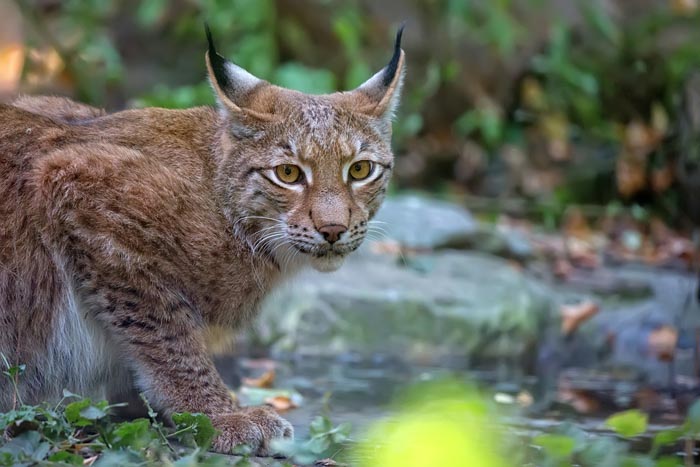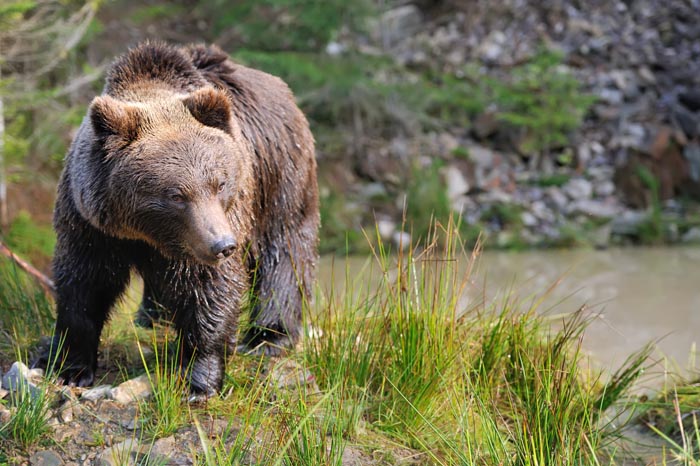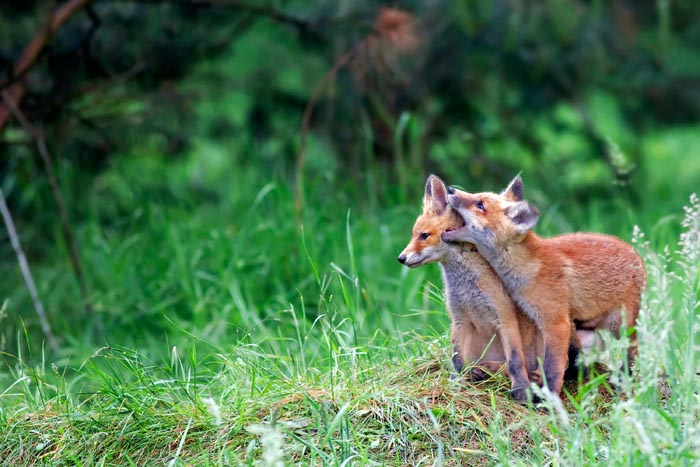OVERVIEW
Our goal with MammalNet is to gain insight on the benefits and limitations of using Citizen Science to monitor mammals across Europe, and to learn how we can collect better data and encourage participation.

Our goal with MammalNet is to gain insight on the benefits and limitations of using Citizen Science to monitor mammals across Europe, and to learn how we can collect better data and encourage participation.


The European Commission defines citizen science as the participation of the general public in scientific research activities, using their intellectual effort, knowledge, tools and resources. Participants submit data collected through their own experiences to the researchers, who will combine all the data collected in order to draw conclusions.In this way, Citizen Science offers a double benefit: volunteers acquire new knowledge, learning skills, and a deeper understanding of the scientific approach, while science gains a democratic approach in the transfer of knowledge between science and society.
The contributions of both researchers and citizens make Citizen Science a powerful tool for making evidence-based decisions about wildlife.
Conservation: Promote data collection and research to improve European wildlife conservation.
Management: Promote collaboration and evidence-based knowledge to help manage wildlife resources and potential risks.
Citizens: Gain a better understanding about science and research, while improving your knowledge about biodiversity.


Citizen Science is made for everyone to participate, from total beginners to biodiversity experts. We have different tools for all skill levels. So don’t be afraid to give it a try!
We have already begun the pilot phase in four countries, with plans for expansion.
1) Collection of camera trap and casual records by researchers, environmental professionals, or wildlife managers.
2) Collection of casual records from all participants, ranging from novices to naturalists.
3) Promotion of Citizen Science network through Massive Open Online Courses (MOOCs) and collection of casual and monitoring records.


You can help to promote MammalNet through social media, newspapers, courses, and events.
We have developed three free apps to assist with collecting high quality data: iMammalia, MammalWeb, and AGOUTI. We are also interested in collaborating with other applications and projects (e.g. TRAPPER / Observation/OTHERS) with aligned goals, please get in touch for more information.
FIRST PHASE (Pilot areas) /October 2019
EXPANSION FASE (Ambassadors) /May 2020
May 2021

